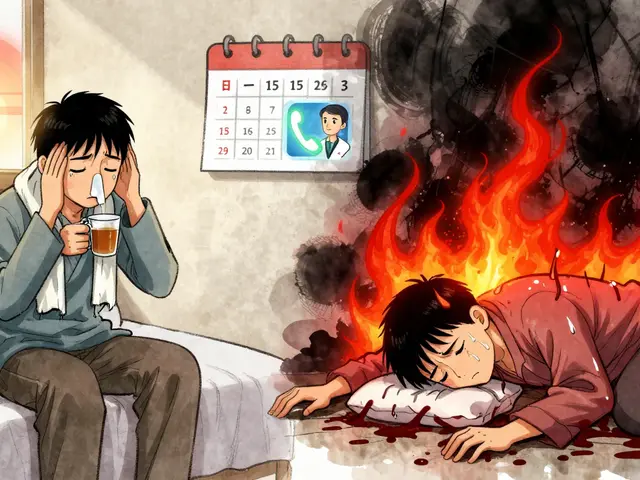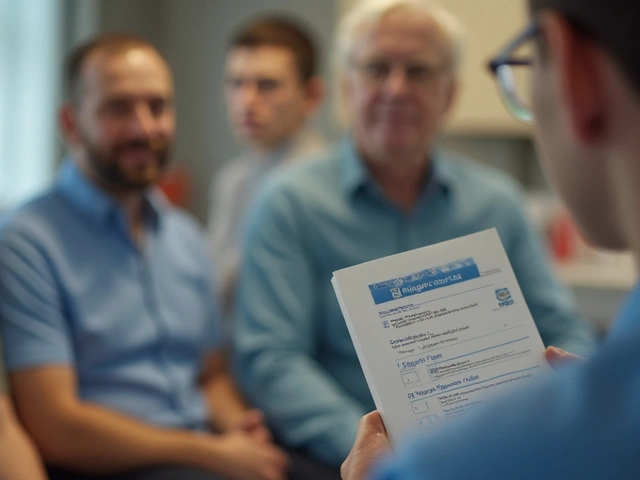Coping Tips: Real Ways to Feel Better Fast
Feeling overwhelmed? You’re not alone. Most of us hit a rough patch—whether it’s work pressure, health worries, or just a bad day. The good news is you can pick up a few simple habits that make the load lighter. Below are down‑to‑earth tips you can try today without any fancy gear.
Everyday Stress Busters
First, breathe. A slow 4‑7‑8 pattern (inhale 4 seconds, hold 7, exhale 8) tells your brain it’s safe and drops the stress hormone surge. Do this three times before you start a meeting or after scrolling through bad news.
Second, move a little. Even a five‑minute walk around the block gets blood flowing and clears mental fog. If you can’t get outside, march in place while watching TV—any movement helps.
Third, set micro‑goals. Instead of “clean the house,” try “pick up three items.” Small wins build momentum and stop the brain from spiraling into “everything is too hard.”
Fourth, limit caffeine after noon. Too much coffee can keep your nervous system on edge, making it harder to unwind later. Swap that afternoon latte for a glass of water or herbal tea.
When Health Issues Strike
If you’re dealing with an illness, give yourself permission to rest. Rest isn’t laziness; it’s the body’s way of repairing itself. Keep a comfort kit nearby—favorite blanket, soothing music, and a light snack that won’t upset your stomach.
Track symptoms in a simple notebook or phone note. Writing down what you feel, when it happens, and any triggers helps you spot patterns and talk more clearly with doctors.
Stay connected. A quick text to a friend, even just “Hey, I’m thinking of you,” can lift mood more than any medication alone. If talking feels hard, type a short email or leave a voice note.
Use distraction wisely. When pain spikes, engage your senses: squeeze a stress ball, smell a citrus scent, or watch a funny clip. The goal isn’t to ignore the problem but to give your brain a break from constant alarm signals.
Finally, celebrate progress—no matter how tiny. Finished a dose on schedule? Managed a grocery run? Write it down and pat yourself on the back. Positive reinforcement fuels resilience.
These coping tips aren’t one‑size‑fits‑all, but they’re easy to mix and match. Pick two that feel right, try them for a week, and adjust as needed. You’ll notice stress dropping, mood lifting, and you’ll be better equipped when the next challenge shows up.

Coping with a Blood Cancer Diagnosis: Tips for Patients and Caregivers
Receiving a blood cancer diagnosis can be an incredibly overwhelming experience for both patients and caregivers. As someone who has navigated through this journey, I've discovered that finding a strong support system is essential in coping with the emotional and physical challenges that come with it. Educate yourself and your loved ones about the specific type of blood cancer to help manage expectations and make informed decisions about treatment options. Prioritize self-care for both patients and caregivers, as maintaining mental and physical well-being is crucial during this time. Lastly, don't be afraid to seek professional help and join support groups, as connecting with others who share similar experiences can provide invaluable guidance and encouragement.
Detail




